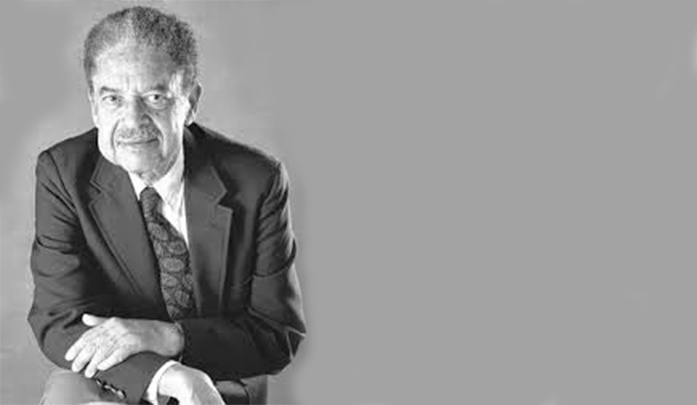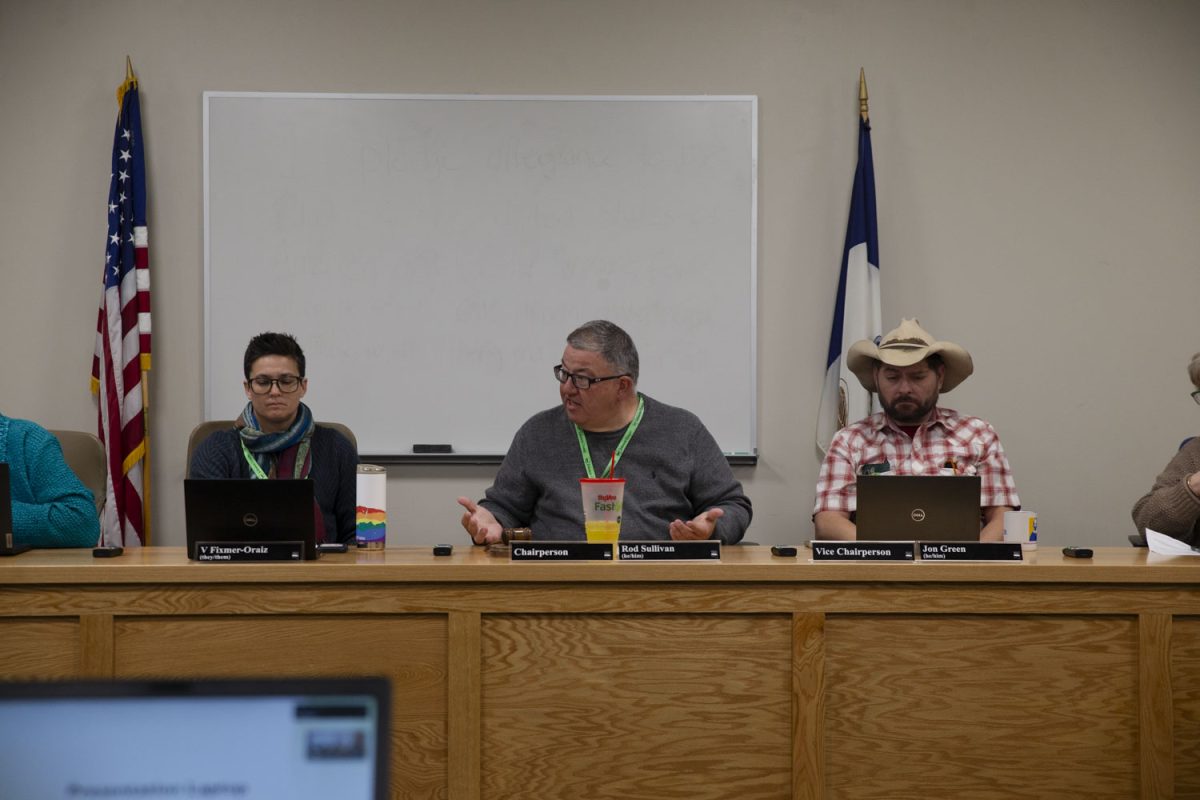By Mikhayla Hughes-Shaw
Engineer, vice-president, civil rights activist, and professor – these are among the few titles that Philip G. Hubbard obtained in his nearly 60 years of service at the University of Iowa.
Hubbard has been named “one of the most distinguished and admired administrators at the University of Iowa” by the College of Engineering website.
Along with being an African American student at a predominantly white institution at a time of segregation, he was the first to achieve many feats for people of color on the UI campus.
After furthering his education and receiving an MA in hydraulics & mechanics and a Ph.D. in engineering, he became the first black professor at the UI. He taught for 12 years, and was then elected to be the dean of Academic Affairs in 1966.
Hubbard spoke frequently for the black community in Iowa City, encouraging equal housing for students of color. During his time as a professor, black students were not allowed to live in the same residence halls as white students. Instead, they were forced to find housing with other black families in the community.
Later, in his memoir titled My Iowa Journey: The Life Story of the University of Iowa’s First African American Professor, Hubbard shared his sentiment that black students were treated more like visitors than actual community members. During Hubbard’s sophomore year, he joined the traditionally black fraternity Kappa Alpha Psi. Because of his membership, he found housing in a chapter home owned by Chester and Estelle Ferguson. Ferguson went on to become the first person elected into the Black Hall of Fame.
Taniesha Kauten, a fourth-year African American studies major, said that Hubbard helped to make the gap between black and white students smaller.
“[The ordinance] helped students to feel more accepted when they came to the university,” Kauten said.
Hubbard also helped to organize many social events for African Americans on campus and encouraged scholarship among the students. This later led to his creation of his Opportunity at Iowa program in 1987, which encouraged the recruitment and retaining of minority students and faculty at the UI.
In 1971, Hubbard achieved what at the time seemed impossible: he was elected as the first African American Vice President of Student Relations at the UI. Not only was he the first do so in Iowa, he was the first African American vice president among all universities in the Big Ten.
Along with his professional achievements, Hubbard served as a great friend and mentor to many. Louis “Mercy” Burke, who became a member of Kappa Alpha Psi in fall of 1978, shared that Hubbard was always there to offer encouragement and guidance to black students on campus.
He also gave black students historical insight on their community and made sure they understood their role as an educated college student, Burke said.
Other individuals have pinned Hubbard as the reason they came to the UI.
“He was the man that got me to come to Iowa,” said Derek Haskins, who became a member of Kappa Alpha Psi in 1990. “He was a true inspiration and visionary.”
Hubbard has received many awards for his dedication to the UI throughout the years, along with a few after his passing in 2002.
Along with his being the eponym of the Hubbard Commons in the IMU and Hubbard Park, there has also been an award formed in his name. In 1981, the Philip G. Hubbard Human Rights Award was created, and is awarded to students who are active in equal-rights activism, just as Hubbard was throughout his career.
In 2016, Hubbard was inducted into the Fraternity and Sorority Life Hall of Fame for his dedication to his fraternity and the black community.
Hubbard was admired by students, faculty, and the community alike and inspired many throughout his years of service at the University of Iowa.







